20. China

The People’s Republic of China (PRC) has achieved a remarkable rise since its founding in 1949, transforming from one of the world’s poorest nations into its second-largest economy and a significant challenge to the post-Cold War hegemony of the United States of America. With this, China has become the most prominent communist-led country today, where […]
19. The DPRK
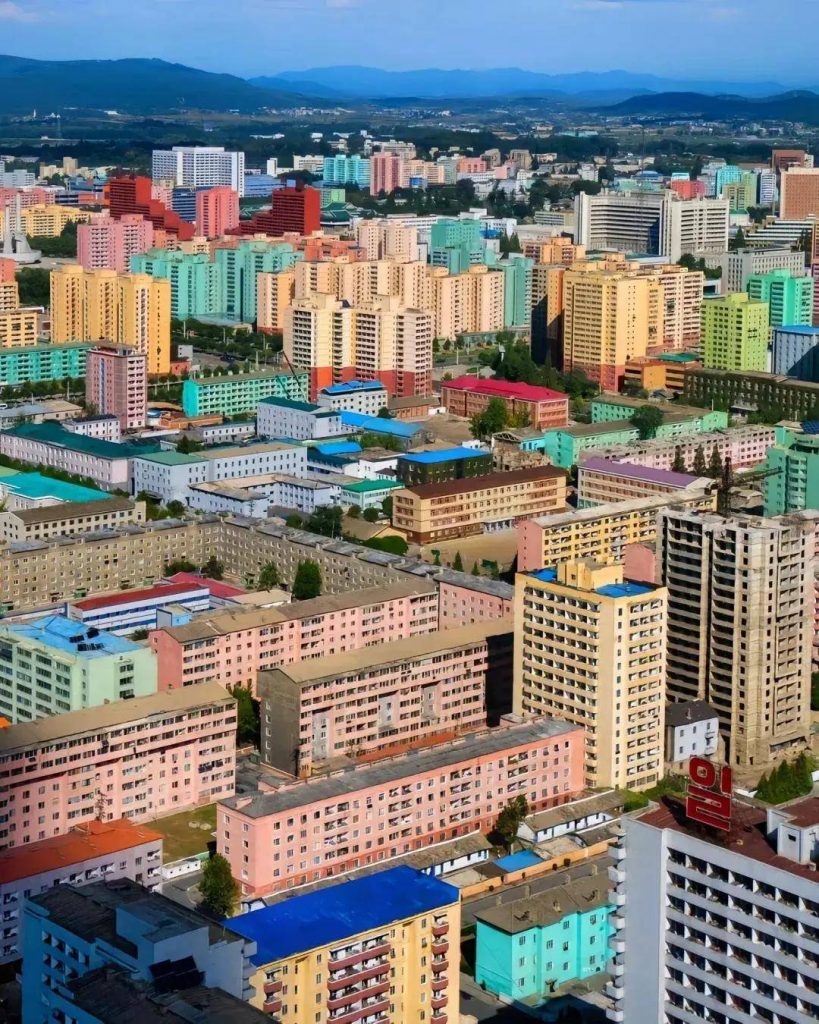
Revolutions are built on the material conditions of previous societies. In the context of the Democratic People’s Republic of Korea (DPRK, commonly known as north Korea) the country was born out of the struggle against US and Japanese imperialism. Due to the DPRK’s specific relationship to imperialism since its inception, it has had to maintain […]
18. Vietnam

Vietnam is perhaps most well known in the West for its heroic struggle against American imperialism during the Vietnam War. However, relatively little is known about the socialist development of the country following liberation and the coming to power of the Communist Party of Vietnam (CPV). From the 19th century, Vietnam was a colony of […]
17. The USSR
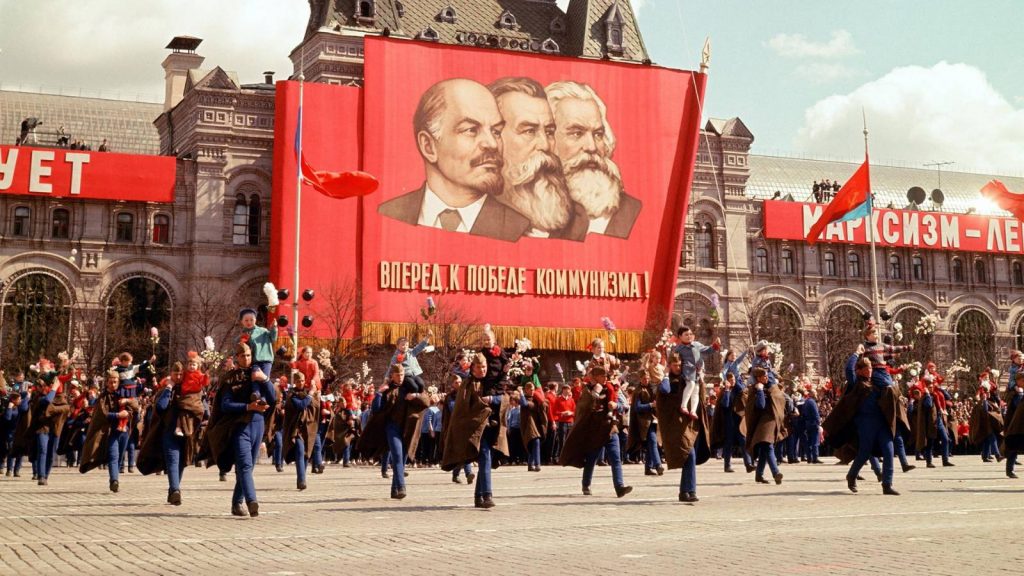
The origins of the Union of Soviet Socialist Republics (USSR) trace back to the 1917 October Revolution, when Russian workers and peasants, led by the Bolshevik Party, overthrew the bourgeois coalition government, stormed the Winter Palace, and transferred all power to the Soviets of Workers’, Soldiers’, and Peasants’ Deputies in a largely “bloodless” revolution with […]
16. The Environmental Struggle

Humanity is at the precipice of a very serious ecological crisis. Climate change, biodiversity loss, and pollution all threaten the stability of human society. However, despite the vast evidence, countless international summits, and increasing public concern, still no meaningful action is being taken by most governments. For Marxist-Leninists, to address the environmental crisis we must […]
15. Sex and Identity
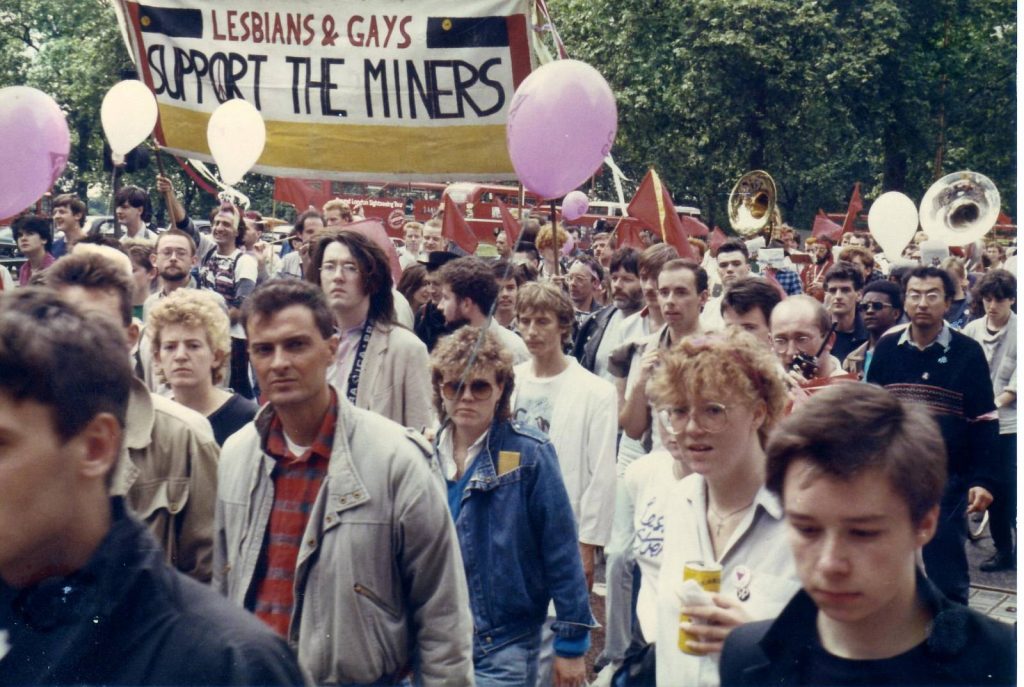
Sex-related issues in the West have not only been the preoccupation of the women’s movement. For example, in the 1960s, the civil rights movement for gay and lesbian equality in the United States brought many people into opposition against state violence, as well as religious superstitions about the “sinful” nature of gay relationships. This culminated […]
14. The Women’s Struggle
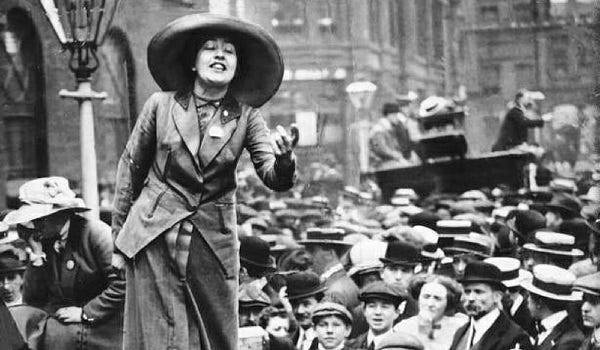
Marxist theory approaches the question of women’s oppression from a historical materialist standpoint, meaning that it does not speculate on the nature of man and woman but studies their development within human society. In his 1884 work the Origin of the Family, Private Property and the State, Engels found that the oppression of women arose […]
13. The Anti-Racist Struggle
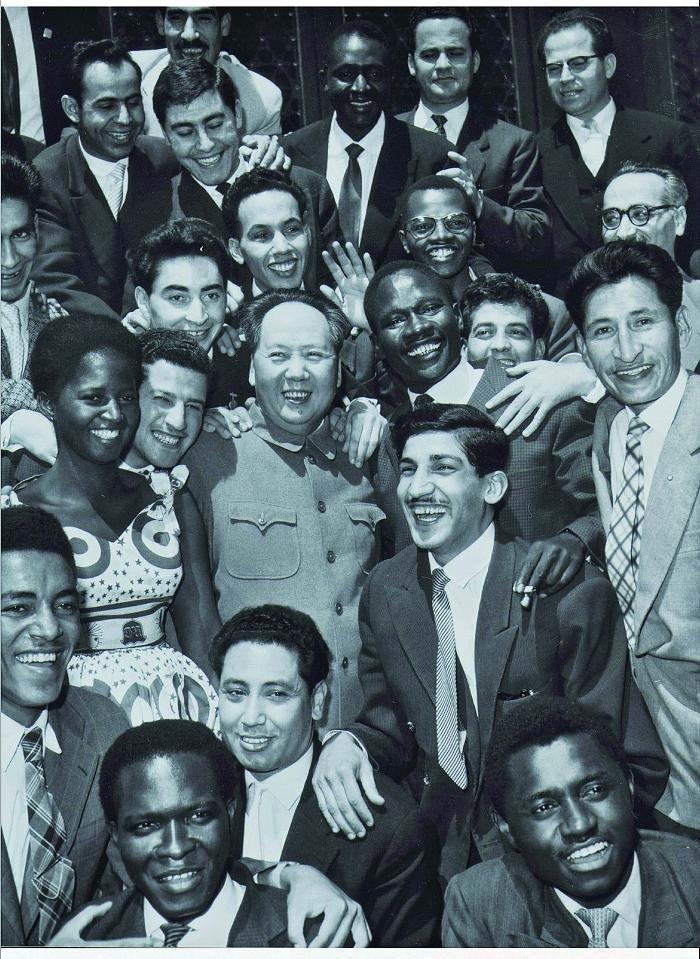
Defined simply, racism is an ideology that attributes certain characteristics or behaviours to groups of people and deems them to be either superior or inferior based on these determinations. Although commonly associated with skin colour, racism is by no means dependent on this. For example, in 19th century Britain, the Irish population was subject to […]
12. The Industrial Struggle

Early History It is important to remember that trade unions in Britain started out as illegal organisations, and that it was not through complying with anti-trade union laws, but persistent militancy, that they became gradually decriminalised from 1824. Trade unions then gained particular prominence during the Chartist movement which aimed to secure bourgeois democratic rights […]
11. The Communist Party
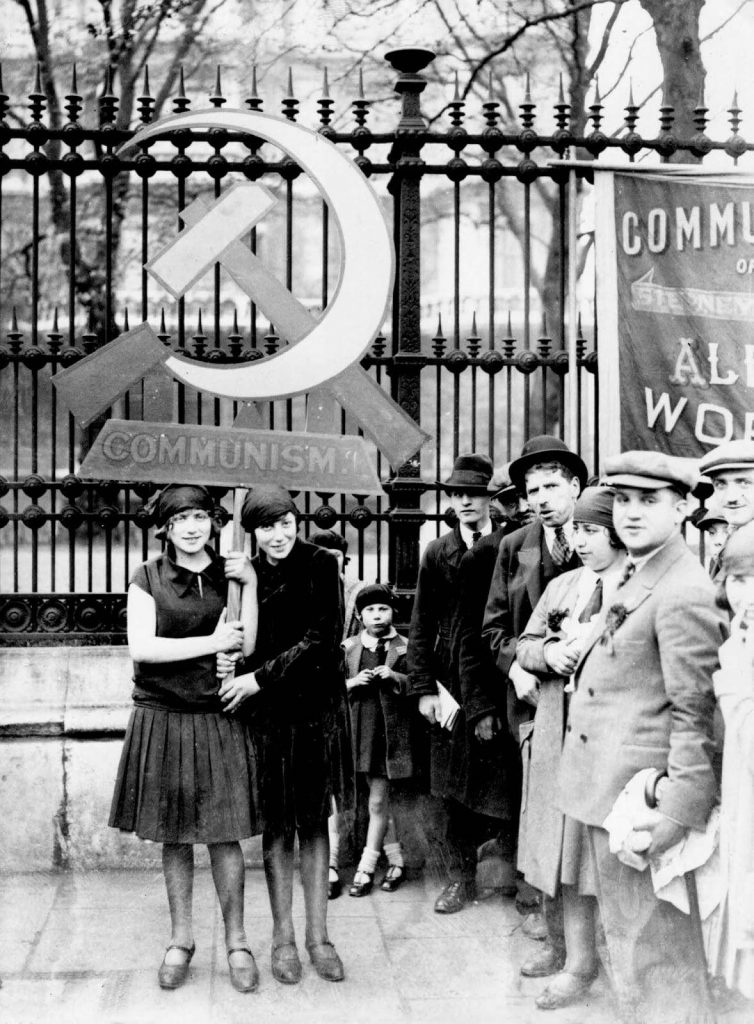
From the texts of Marx and Engels and their critiques of capitalism came one blinding need: To push back against the ever-encroaching force of the highly organised and united capitalist class, there must be an organised political force to coordinate workers’ struggles towards the primary goal of socialist revolution. To accomplish this goal, a Communist […]


